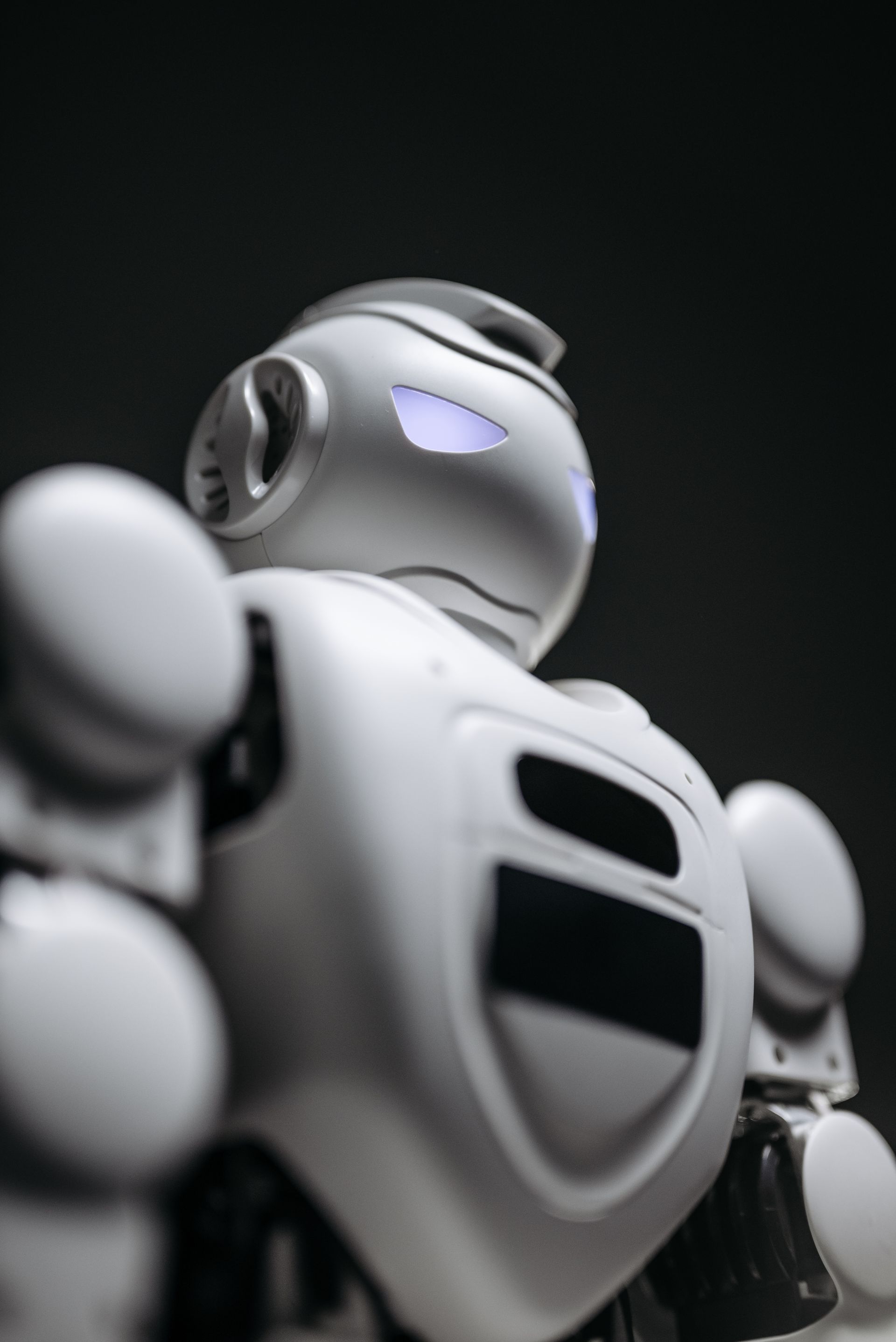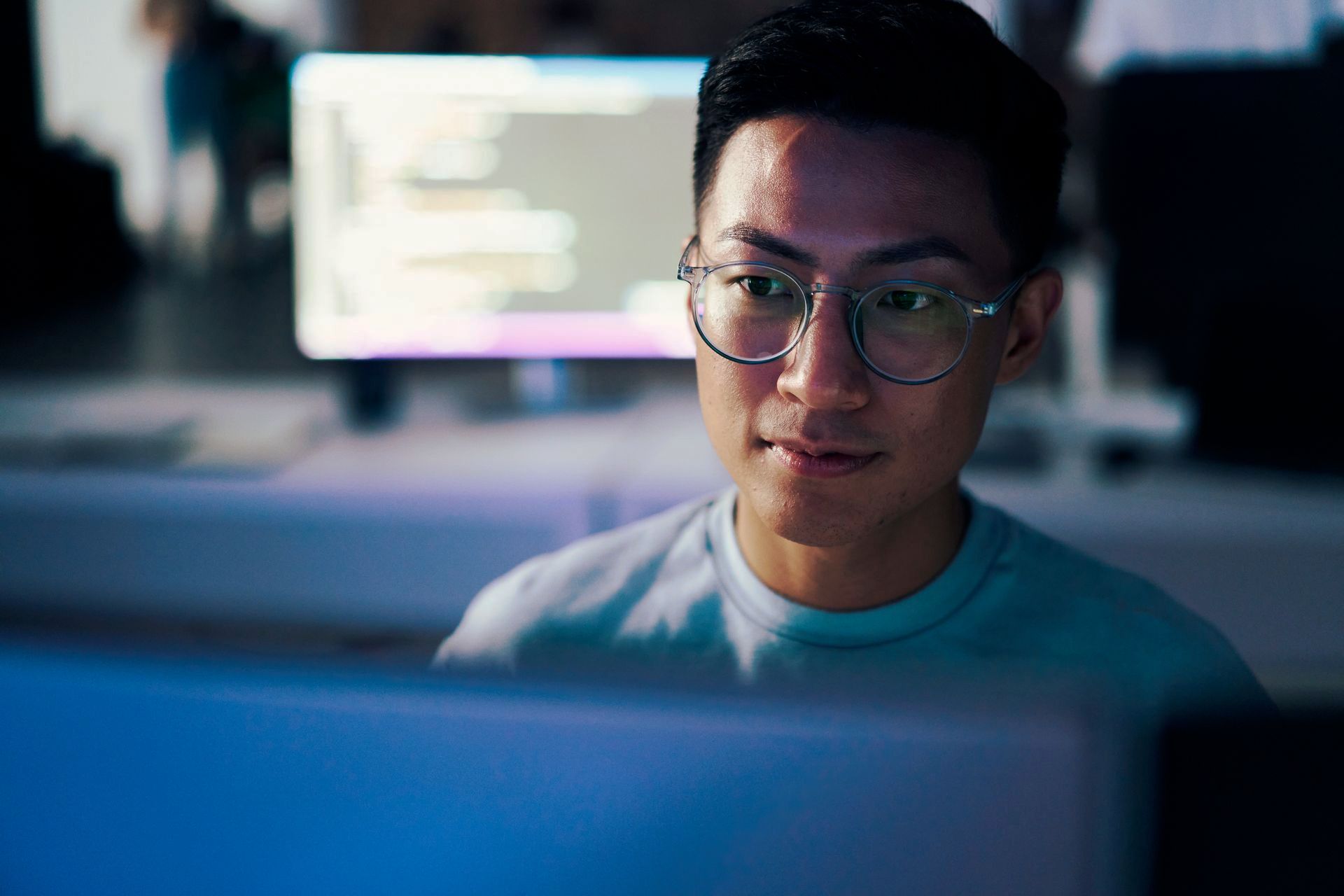Asking ChatGPT If It Is Going To 'Take-Our-Jobs'

We asked ChatGPT if it was going to put us all out of work. It said no, because us humans are so awesome, and irreplaceable. But then it would say that... wouldn't it?
ChatGPT vs. Human Software Engineers: Striking a Balance in the Tech World
Introduction
In recent years, artificial intelligence (AI) has made tremendous strides in various domains, including natural language processing. One of the remarkable achievements in this field is the development of ChatGPT, an AI language model designed to generate human-like text. As ChatGPT and similar AI technologies continue to evolve, questions arise about their potential to replace human software engineers. While AI holds great promise in automating certain aspects of software development, a complete replacement of human software engineers remains a distant and uncertain possibility.
The Role of ChatGPT in Software Development
ChatGPT and its contemporaries have shown incredible capabilities in assisting software engineers. They can analyze code, suggest improvements, and even generate code snippets based on human prompts. This is particularly useful for automating repetitive tasks, reducing the burden on developers, and accelerating the development process.
ChatGPT can serve as a valuable tool for providing quick solutions and code examples. It can also help programmers find relevant documentation and resources, acting as an intelligent code assistant. Furthermore, it can facilitate knowledge sharing within the developer community by offering insights into best practices and design patterns.
Limitations of ChatGPT
As impressive as ChatGPT is, it has some inherent limitations that prevent it from fully replacing human software engineers. Firstly, while AI models like GPT-3 have been trained on vast amounts of data, they lack the true understanding and intuition that human engineers possess. They may provide accurate solutions based on patterns in the data they've seen but may struggle with novel or uncommon scenarios.
Another crucial aspect where ChatGPT falls short is ethics and critical decision-making. Software engineering involves making ethical decisions, understanding user needs, and considering various real-world implications. AI models like ChatGPT don't possess moral agency or the ability to reason ethically, making them unsuitable for handling complex ethical dilemmas in software development.
The Creative Element
Software engineering is not merely about writing lines of code; it requires creativity and innovative problem-solving. Human engineers bring a unique perspective to projects, envisioning solutions beyond what AI models can generate. Creativity is a fundamental aspect of design, user experience, and developing groundbreaking ideas, and it's challenging for AI to replicate this aspect of human ingenuity.
Collaboration between Humans and AI
Rather than replacing human software engineers, the future lies in collaboration between humans and AI. ChatGPT and other AI language models can complement human developers, empowering them to work more efficiently and creatively. By automating mundane tasks and providing code suggestions, AI can free up engineers' time, enabling them to focus on high-level design, architecture, and solving complex problems.
Additionally, AI models can learn from human engineers, continuously improving their abilities and expanding their knowledge. This iterative process of human-AI collaboration has the potential to drive innovation in software development, leading to the creation of new tools and methodologies that benefit the entire industry.
Conclusion
While AI, represented by ChatGPT, has certainly brought remarkable advancements to the field of software engineering, it is unlikely to replace human software engineers entirely. The creative, ethical, and problem-solving aspects of software development require the human touch and intuition that AI models cannot replicate. Instead, the future lies in harnessing the strengths of both humans and AI, fostering collaboration to create a more efficient, innovative, and impactful software development landscape. By embracing this synergy, developers can unlock the full potential of AI to transform the way software is developed, benefiting society as a whole.



